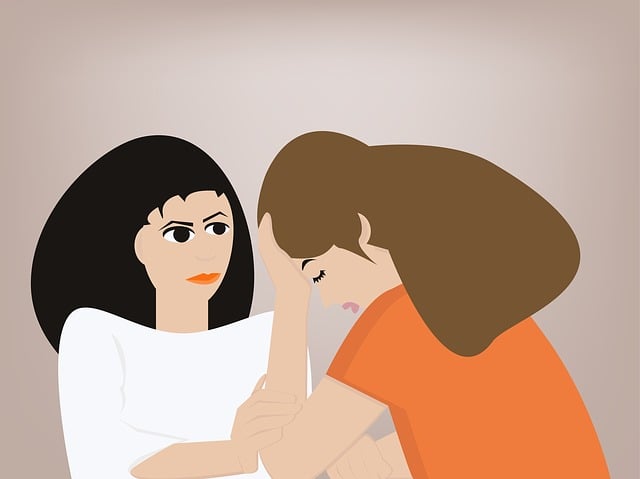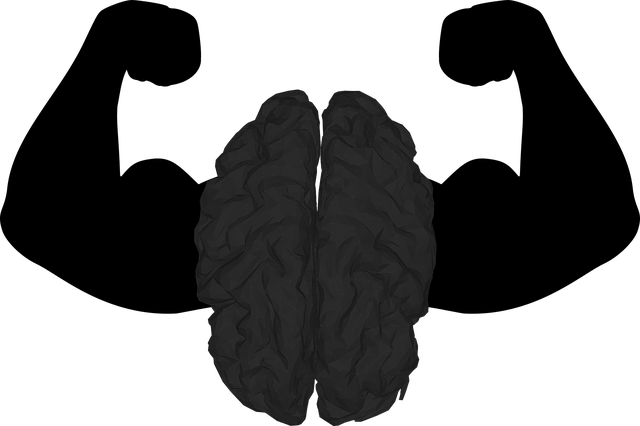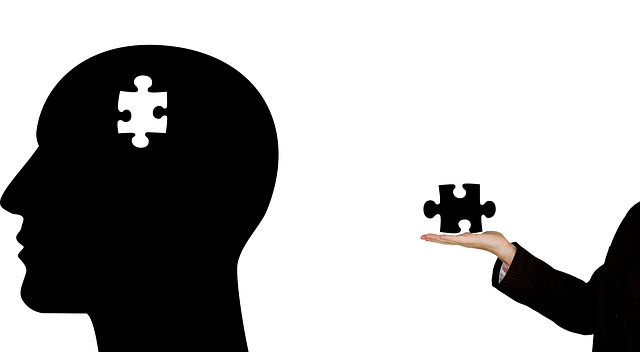Mental wellness groups, especially those focused on bipolar disorder like Wheat Ridge Bipolar Disorder Therapy, offer a supportive community for individuals facing mental health challenges. Through open discussions, shared experiences, and structured activities facilitated by skilled professionals, members gain insights into managing their conditions, develop coping strategies, and enhance overall well-being. This safe space promotes emotional expression, peer learning, self-care, and boosts self-esteem, while also reducing stigma and interpersonal tensions. Effective facilitation techniques empower participants with understanding, resilience, and the tools to navigate bipolar disorder's complexities.
Mental wellness groups, particularly those focused on bipolar disorder therapy in Wheat Ridge, offer a powerful support system. This article explores the benefits of such groups and delves into effective facilitation techniques that foster healing. We discuss strategies for creating safe, supportive environments, tailored to the unique needs of individuals navigating bipolar disorder. By understanding these techniques, facilitators can enhance group dynamics, promoting positive mental wellness outcomes in Wheat Ridge bipolar disorder therapy settings.
- Understanding Mental Wellness Groups and Their Benefits
- Effective Group Facilitation Techniques for Bipolar Disorder Therapy
- Creating a Supportive Environment in Wheat Ridge Bipolar Disorder Therapy Groups
Understanding Mental Wellness Groups and Their Benefits

Mental wellness groups offer a unique and supportive environment where individuals with similar experiences can connect, share their stories, and learn from one another. These groups play a pivotal role in fostering community and promoting healing for those dealing with various mental health challenges. By facilitating open discussions, group members gain valuable insights into managing their conditions, developing effective coping strategies, and enhancing overall well-being.
The benefits of participating in such groups are manifold. They provide a safe space to discuss personal struggles openly, reducing the isolation often associated with mental illness. Members can learn self-care routines for better mental health, boost their self-esteem, and even contribute to stigma reduction efforts within their communities. Moreover, these groups encourage accountability and motivation among participants as they support each other through the process of recovery and personal growth, often under the guidance of a skilled facilitator. This collaborative approach is particularly effective in treating conditions like bipolar disorder, as it enables individuals to navigate their mental health journeys with newfound understanding and resilience, while also exploring Wheat Ridge Bipolar Disorder Therapy options within their reach.
Effective Group Facilitation Techniques for Bipolar Disorder Therapy

Effective group facilitation techniques play a pivotal role in Wheat Ridge Bipolar Disorder Therapy, fostering a supportive environment that encourages emotional expression and peer learning. By employing structured activities and open discussions, facilitators can help individuals navigate the complexities of bipolar disorder while promoting Burnout Prevention and enhancing Emotional Regulation. Techniques like role-playing scenarios and mindfulness exercises allow participants to explore different coping strategies and share experiences, fostering a sense of community and mutual understanding.
Additionally, these sessions focus on Self-Esteem Improvement by empowering individuals with the knowledge and skills to manage their symptoms effectively. Through group dynamics, members learn to challenge negative thoughts, set personal goals, and celebrate achievements, ultimately bolstering their overall well-being and resilience.
Creating a Supportive Environment in Wheat Ridge Bipolar Disorder Therapy Groups

Creating a supportive environment is paramount when facilitating Wheat Ridge Bipolar Disorder Therapy Groups. This involves cultivating an atmosphere where individuals feel safe to express their experiences and emotions freely, without fear of judgment. Group facilitators should model empathy building strategies, actively listen to members’ stories, and validate their feelings. Normalizing diverse emotional responses and encouraging open dialogue about bipolar disorder’s challenges and coping mechanisms can foster a sense of belonging.
Within these supportive settings, conflict resolution techniques become valuable tools. By teaching constructive ways to navigate disagreements or misunderstandings, facilitators empower group members to manage interpersonal tensions healthily. This promotes not just individual emotional healing processes, but also strengthens the collective resilience of the support group.
Mental wellness groups, particularly those focused on bipolar disorder therapy in Wheat Ridge, offer a unique and beneficial environment. By employing effective facilitation techniques, such as creating a supportive atmosphere and tailoring approaches to specific needs, these groups enhance individuals’ mental health journeys. The benefits are clear: improved coping mechanisms, increased social support, and a sense of community. Incorporating these strategies into Wheat Ridge bipolar disorder therapy ensures a more inclusive and successful therapeutic experience for all participants.














